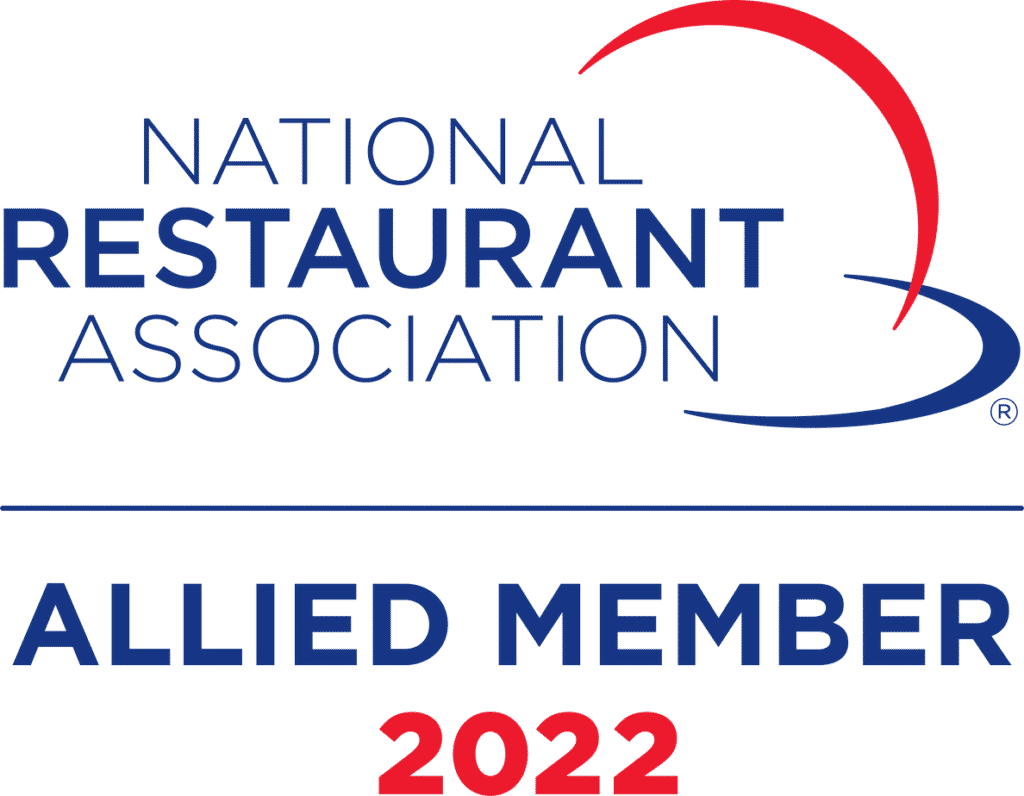Soft skills are essential for managers, but it’s important to understand the difference between regular soft skills and “marketable” soft skills. While listing common soft skills like good communication, ambition, teamwork, dependability, and candor is a good starting point, these skills alone won’t help you stand out in a job interview. To increase your chances of landing a job, your soft skills need to offer something tangible to the company.
Here are some important marketable soft skills that management candidates should focus on:
Ethics
Ethics are not only valuable for personal integrity but also for how they benefit the company. For example, being ethical can save a restaurant money and prevent headaches caused by wrongful dismissal complaints. Ethical behavior is a habit that requires a good understanding of right and wrong, acceptable behavior, and justice. Managers with a solid understanding of their own ethics can enforce these values through training, communication, and consequences. On the other hand, managers without a solid ethical foundation may rely on emotional responses, lack consistency, and cause dissension among staff.
Key points related to ethics:
– Ethics are a learned behavior and a habit.
– Managers shape workplace culture through their ethics.
– Ethical managers take responsibility for their job, team, and the restaurant’s success.
Mental Agility
Restaurants seek managers who are critical thinkers and problem solvers. Mental agility is a learned skill that allows managers to quickly grasp new concepts and make connections to solve problems. Reading sharpens communication skills and learning agility. Managers who absorb information from experience and use it in similar situations are highly valuable to a company.
Key points related to mental agility:
– Mental agility involves critical thinking and problem-solving skills.
– Managers who can make connections and think critically are valued assets.
– Learning agility is the ability to learn, apply, and adapt knowledge to new situations.
Goal Setting
Successful managers possess strong goal-setting skills and know how to achieve them. They don’t simply drift through the week, dealing with whatever comes their way. Effective managers prioritize tasks, proactively prevent problems, and measure goals based on their ability to control situations and the risks involved. Good goal setters are also skilled at planning and implementing support systems.
Key points related to goal setting:
– Success is a habit, and good managers set goals and reach them.
– Goal setters prioritize tasks and take a proactive approach to problem prevention.
– Planning and implementing support systems are crucial for achieving goals.
Coaching and Training
Managers who are skilled at coaching and training are also effective leaders. These skills go hand in hand as they delegate authority, ensure benchmarks are met on time, and create the necessary team for success. Demonstrating coaching skills during a job interview will naturally show your ability to lead, take direction, and contribute to a team.
Key points related to coaching and training:
– Effective managers are good at coaching and training.
– Delegating authority and ensuring benchmarks are met are essential leadership skills.
– Being able to create the team needed for success is crucial.
Time Management
Time management is a soft skill that directly affects a manager’s ability to effectively run a restaurant. Poor time management quickly leads to stress and chaos in the workplace. It requires organizational, computer, and leadership skills to manage time effectively. Time management is a habit that needs to be demonstrated through behavior and systematic responses in a job interview.
Key points related to time management:
– Time management is essential for effectively managing a restaurant.
– It requires organizational, computer, and leadership skills.
– Demonstrating time management skills during a job interview is crucial.
How to Highlight Your Soft Skills in a Job Interview
– Avoid simply talking about your soft skills; instead, show them through your answers.
– When practicing answers to common interview questions, write them down and then add your soft skills to highlight them.
– Make sure your answers showcase leadership ability, time management skills, and your ability to work within a team.
By focusing on these marketable soft skills and effectively showcasing them during a job interview, management candidates can increase their chances of standing out and landing the desired position.





